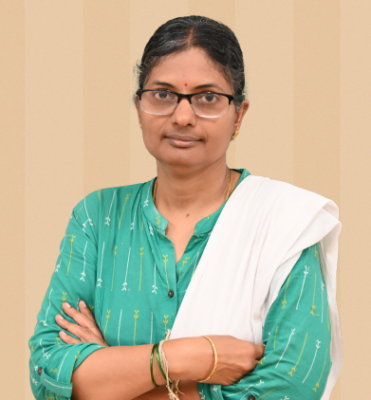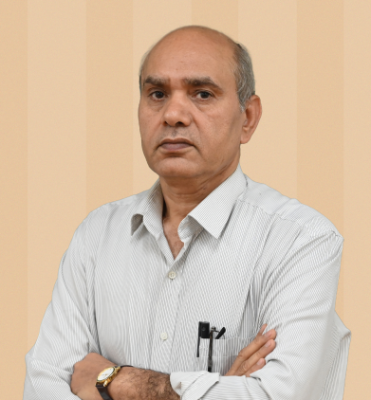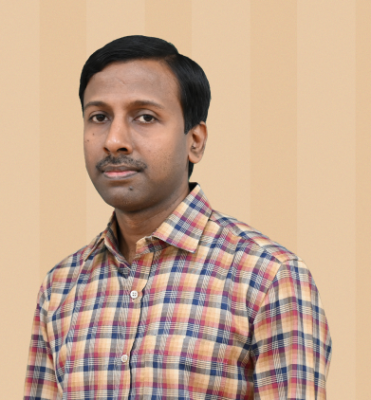Description
This course is divided into two sub – courses.
Course 1: Digital Controller for Power Electronic Applications – (Registration Closed)
(Course start date : 2nd September, 2024)
This course is on the programming of TI DSP (F28379D) in particular using CCS IDE followed by theory sessions on digital controller concepts for power converters.
Syllabus: GPIO, Timer, ePWM, ADC & DAC, SFRA and Embedded Coder, Closed loop control of a DC-DC converter design and implementation in Texas DSP.
Course 2 : Modeling and Digital Implementation of Power Electronic Converters for Renewable Applications (Registration Open)
(Starts on 15th January, 2025)
This course is on modeling, design and control schemes for power electronics interfaces like DC-DC converters, DC-AC inverters and AC-DC PWM controlled rectifiers for EV and renewable applications.
Syllabus: DC-DC converter, DC-AC grid-tied/ standalone inverter, Front end power factor correction converter: Modeling & control implementation in DSP, Power quality and system level concepts.
Course Abstract
1. Digital controllers find applications in power electronics, industrial drives, automotive, motor control, etc. This course has been designed with both theory and lab sessions. The course focus on modeling, design and control schemes for power electronics interfaces like DC-DC converters, DC-AC inverters and AC-DC PWM controlled rectifiers for EV and renewable applications.
2. An overview of F28379D, peripheral programming features and examples specific to power applications will be introduced in this course. Few sessions are organized by Texas Instruments and MathWorks to give a brief overview on the DSP.
3. The lab sessions are organized such that participants can learn the concept of real time modelling of the DC/AC power electronic systems in DSP and implementing the control schemes. This course will be helpful for students pursuing a career in Electrical and Electronics Engineering.
Outcome of Theory/Lab Sessions:
1. Participants will have an understanding of programming for various modules like GPIO, Timer, ePWM, DAC/ADC which are essential for power applications and digital control implementation in system development.
2. Participants shall get a theoretical understanding of modelling aspects of power converters including PWM controlled DC-DC, DC-AC and AC DC converters.
3. The concept of Real time modelling and closed loop controller design and its implementation in DSP for the PWM controlled DC-DC, DC-AC and AC-DC converters.
Equipment’s Required:
Texas Instruments LAUNCHXL – F28379D Development kit (Available for purchase at Texas Instruments store)
Software Tools Used:
1. Code Composer Studio (Open Source) – Mandate
2. MATLAB (Licensed) – Preferred, not a mandate
Detailed Schedule
The course is divided into two sub-courses:
Course 1: Digital Controller for Power Electronic Applications
This course is on the programming of TI DSP (F28379D) in particular using CCS IDE followed by theory sessions on digital controller concepts for power converters.
Duration: 12 weeks
Pre Requisites: NIL
Mode: Online
Theory Sessions:
Description
|
Topic
|
| Introduction |
Syllabus, Course structure for theory and lab sessions |
| F28379D-Architecture |
Introduction to digital controller “TMS320F28379D” architecture |
| Basic programming in F28379D |
Understanding board schematics & demo on “How to run a basic program in TMS320F28379D” |
| Analog & digital control implementation |
Analog control and digital control implementations, Additional blocks in digital implementation, Control block of power converters |
| Digital PWM module |
Analog PWM and digital PWM modelling (Effects in dynamic performance) |
| ADC |
Sampler model, ADC modeling and quantization effects, Control schemes and sampling instants |
| Digital compensator design |
Mapping of s-domain to z-domain using Euler’s, Tustin’s and pre-warping techniques |
| Controller design for a DC-DC converter |
Closed loop control of a DC-DC converter implementation in Texas DSP |
| Digital control techniques |
Digital control techniques, Predictive current control for power converters |
Lab Sessions:
Modules
|
Programs
|
| Basic programs |
Basic programs like addition, Multiplication of integers & matrices |
| GPIO |
Blink LEDs and delay loop implementation |
| Timer |
Configure timer, Timer interrupt as delay loop |
| ePWM |
Constant reference pulse width modulation, Sine reference ePWM, ePWM interrupt, Dead band module in PWM |
| DAC |
DAC configuration |
| ADC |
ADC configuration (Software start, PWM interrupt start), ADC interrupt |
| Frequency response analyzing tool in F28379D |
Digital compensator model verification using Frequency response analyzing tool in F28379D |
| Embedded Coder |
Embedded coder and programming by MathWorks |
Course 2 : Modeling and Digital Implementation of Power Electronic Converters for Renewable Applications
This course is on modeling, Design and control schemes for power electronics interfaces like DC-DC converters, DC-AC inverters and AC-DC PWM controlled rectifiers for EV and renewable applications.
Syllabus:DC-DC converter, DC-AC grid-tied/ standalone inverter, Front end power factor correction converter: Modelling & control implementation in DSP, Power quality and system level concepts.
Duration: 12 weeks
Mode: Online
Pre-requisite:Knowledge of the peripheral module programming of TI DSP F28379D Delfino, UG level power electronics course/working knowledge in power electronics.
Module
|
Topics Covered
|
| DC-DC converter modelling and control implementation in DSP |
Solar PV characteristics & MPPT,
Boost converter: Analysis & modelling,
Conventional voltage & current control schemes,
Control implementations in DSP for DC-DC converters,
Resonant converter: Analysis, modelling & control. |
| DC-AC converter modelling and control implementation in DSP |
Grid connected inverter: Modelling & control,
Standalone inverter: Modelling & control,
Control implementation in DSP for grid-connected / standalone inverter. |
| Front end PFC power converter modelling and control implementation in DSP |
Modelling of PWM controlled AC-DC converter,
Power factor correction and control implementation in DSP. |
| Power quality and system level concepts |
Concept on grid connected and grid forming mode of operation,
Islanding operation, Power quality aspects, Power management schemes |
Certification
Upon submission of the weekly assignments and evaluation of the final exam, course completion certificate from NPTEL will be provided.





Reviews
There are no reviews yet.